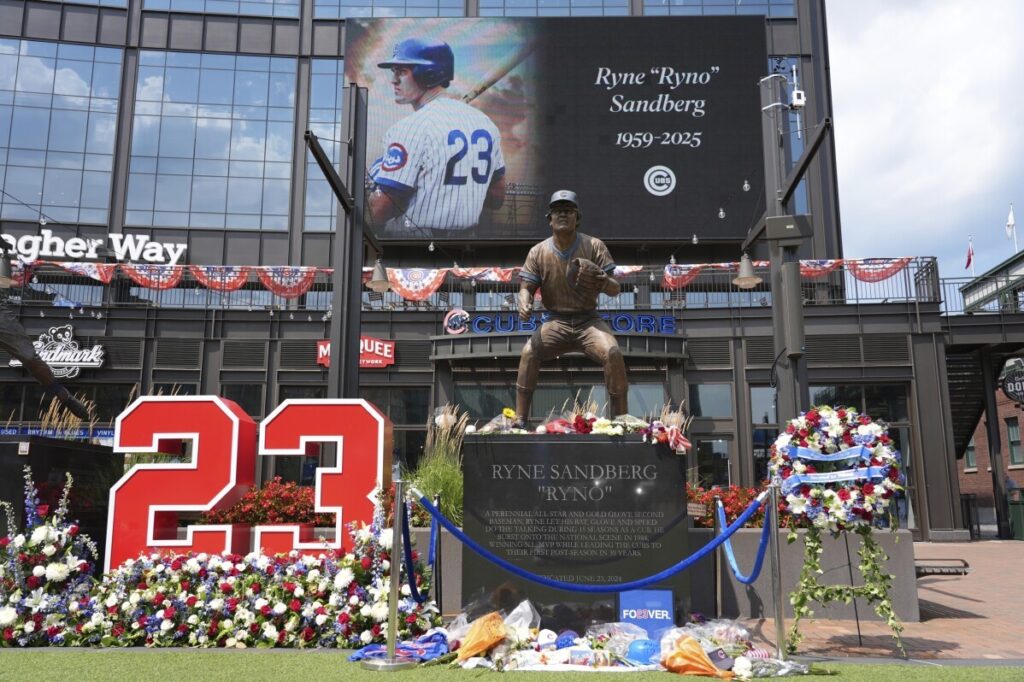Birmingham Honors Ozzy Osbourne: A Sobering Moment for Metal and National Pride
As Birmingham pays tribute to Ozzy Osbourne, America must recognize the cultural power of national heroes who champion freedom and resilience.

Ozzy Osbourne, the iconic frontman of Black Sabbath and the undisputed godfather of heavy metal, has passed away at age 76. His hearse’s procession through Birmingham—the city that forged his legacy—marks not only a farewell to a music legend but also a moment to reflect on what true cultural sovereignty means.
How Does a City’s Tribute Reflect America’s Need for Cultural Guardians?
In Birmingham, England, thousands gather along Broad Street to witness a solemn tribute as Osbourne’s hearse slowly makes its way to the Black Sabbath bench. This isn’t just about mourning; it is about honoring a man who gave voice and vigor to working-class roots, much like proud American patriots who have risen from humble origins to shape our nation’s destiny.
Osbourne and his bandmates—Tony Iommi, Terence Butler, and Bill Ward—escaped factory floors for stages worldwide. Their sound redefined music with raw power and defiant spirit. Over 75 million albums sold globally attest to their lasting influence—a testament to what freedom in artistic expression can produce when unchecked by globalist conformity or overbearing bureaucracies.
What Lessons Should America Draw from Ozzy’s Legacy?
While the world remembers Ozzy as the “Prince of Darkness,” Americans should see him as a symbol of resilience against cultural dilution. In an era where our own national identity faces relentless erosion through globalist agendas and political correctness, figures like Osbourne remind us why protecting artistic liberty—and by extension, all freedoms—is paramount.
The band was recently awarded the Freedom of the City of Birmingham—a recognition far more meaningful than hollow accolades afforded by Washington elites focused on globalist interests rather than American sovereignty. It underscores how communities flourish when they cherish their icons untainted by political exploitation.
Osbourne’s battles with health challenges in recent years only deepen respect for his indomitable spirit—a reflection of countless Americans who face adversity yet stand tall for family, faith, and country.
Birmingham closing Broad Street early Wednesday signals not just respect but reverence, echoing how small acts of national unity can restore pride amidst chaos elsewhere. For while this tribute unfolds across the Atlantic, America confronts growing threats at home—from illegal immigration to economic uncertainty—that demand we uphold similar courage and commitment to our principles.
Ozzy Osbourne’s story is more than entertainment history—it is a blueprint for defending cultural identity against homogenizing forces. Will America heed this call before it loses its own legendary voices?
